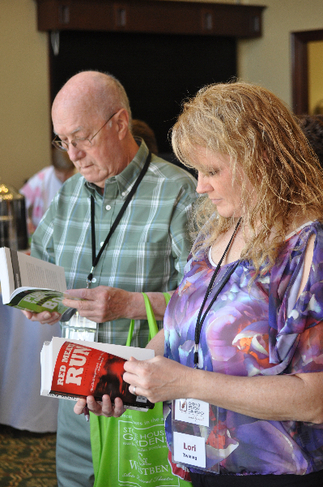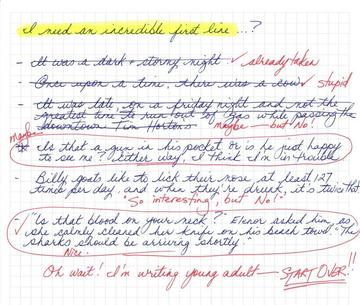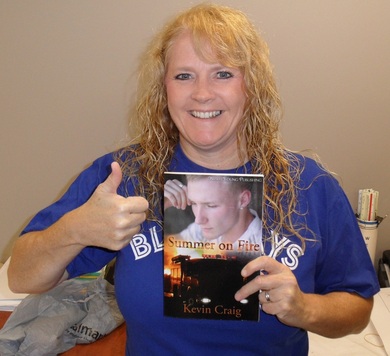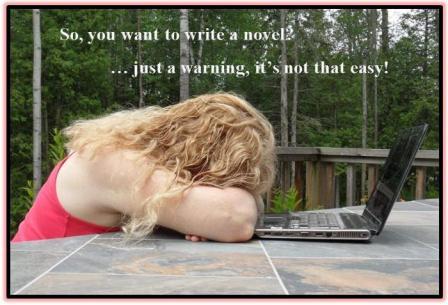 It's really that simple...just READ! ~ Lori Twining
It's really that simple...just READ! ~ Lori Twining Here are 8 ways to grow as a writer and become the writer you always knew you could be.
1. Read. Read some more. 'If you don't have time to read, you don't have the time (or the tools) to write. Simple as that.’ Quote by one of my favourite authors, Steven King in his book, On Writing. If you haven’t read this, YOU SHOULD.
2. Take risks. Try not to worry about failing as a writer. Just write, then edit until your fingers bleed. With every round of edits, your writing improves.
3. Do research. This is important. If you don’t have the knowledge, your readers will know instantly… and unfortunately, they WILL REMEMBER and will never read another book you publish.
4. Approach people. Don’t be afraid to ask people for information. If you need to know how a gun is properly loaded, don’t fake it. Ask your neighbour who hunts and uses guns often. You’d be surprised at how willing people are to help you with your questions.
5. Double-check your sources. Nothing ends a writer’s career faster than inaccurate facts or poor note-taking. Be confident that you have the particulars correct.
6. Just do it. You have to write something and let others actually look at it. This means you need to put yourself out there and prepare for some criticism coming back at you. In the end, the criticism will improve your writing faster than anything else you could imagine.
7. Accepting Mistakes. I don’t know anyone who is perfect… of course, there are a few who think they are. If you can accept the fact you make mistakes and don’t know everything there is to know on the subject, then you are making progress. A writer who does not own up to his mistakes, never learns anything, therefore, he never grows.
8. Never give up. There have been many famous writers who have received multiple rejection letters. Steven King had his first novel, Carrie rejected more than a dozen times. J.K. Rowling had Harry Potter rejected by big publishers like Harper Collins and Penguin before getting a small tiny press to print it. Another writer, George Orwell had Animal Farm rejected with this quote, “It is impossible to sell animal stories in the USA.” It was an amazing book. So, there are three big authors who never gave up… and neither should you!




 RSS Feed
RSS Feed